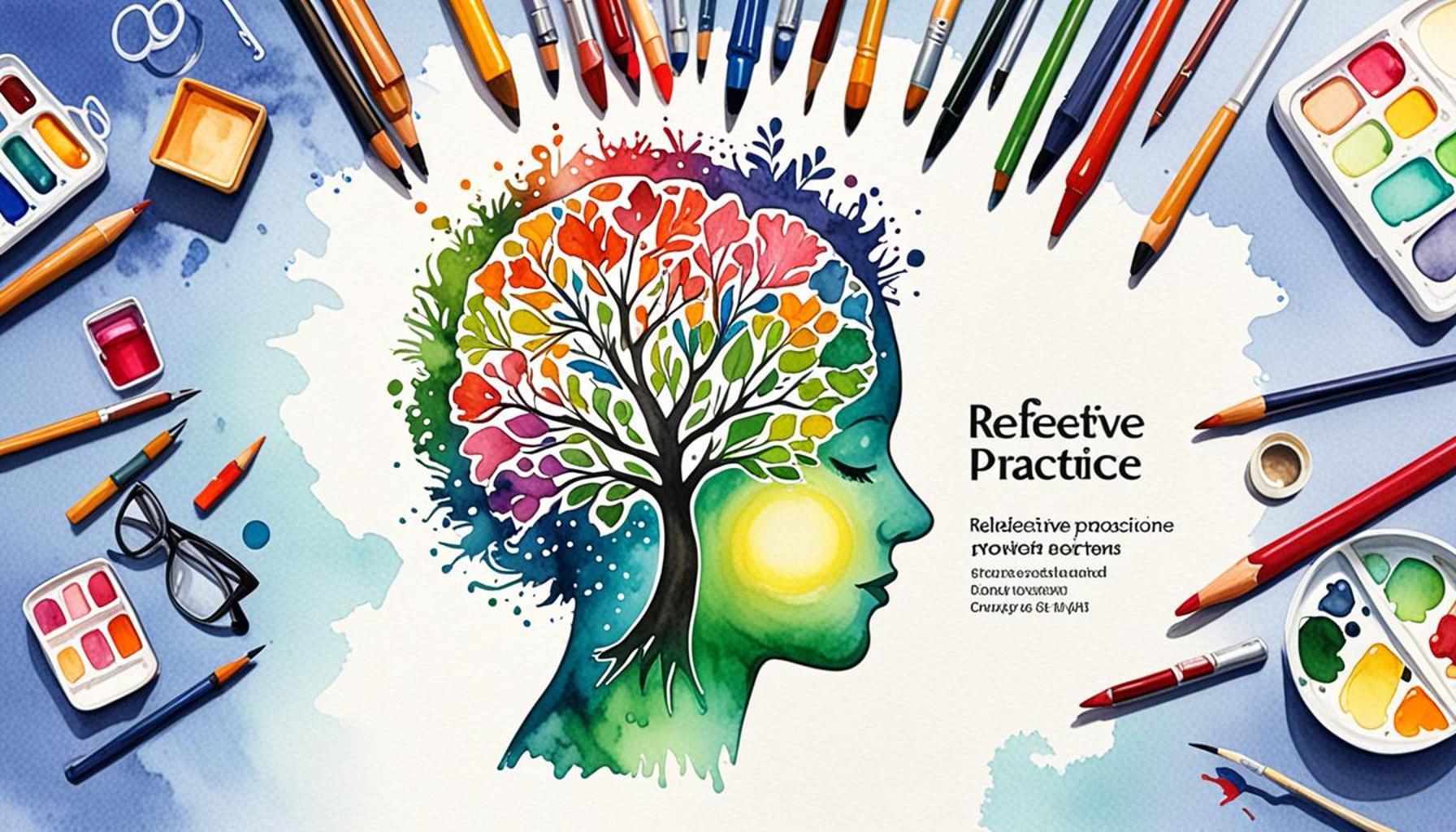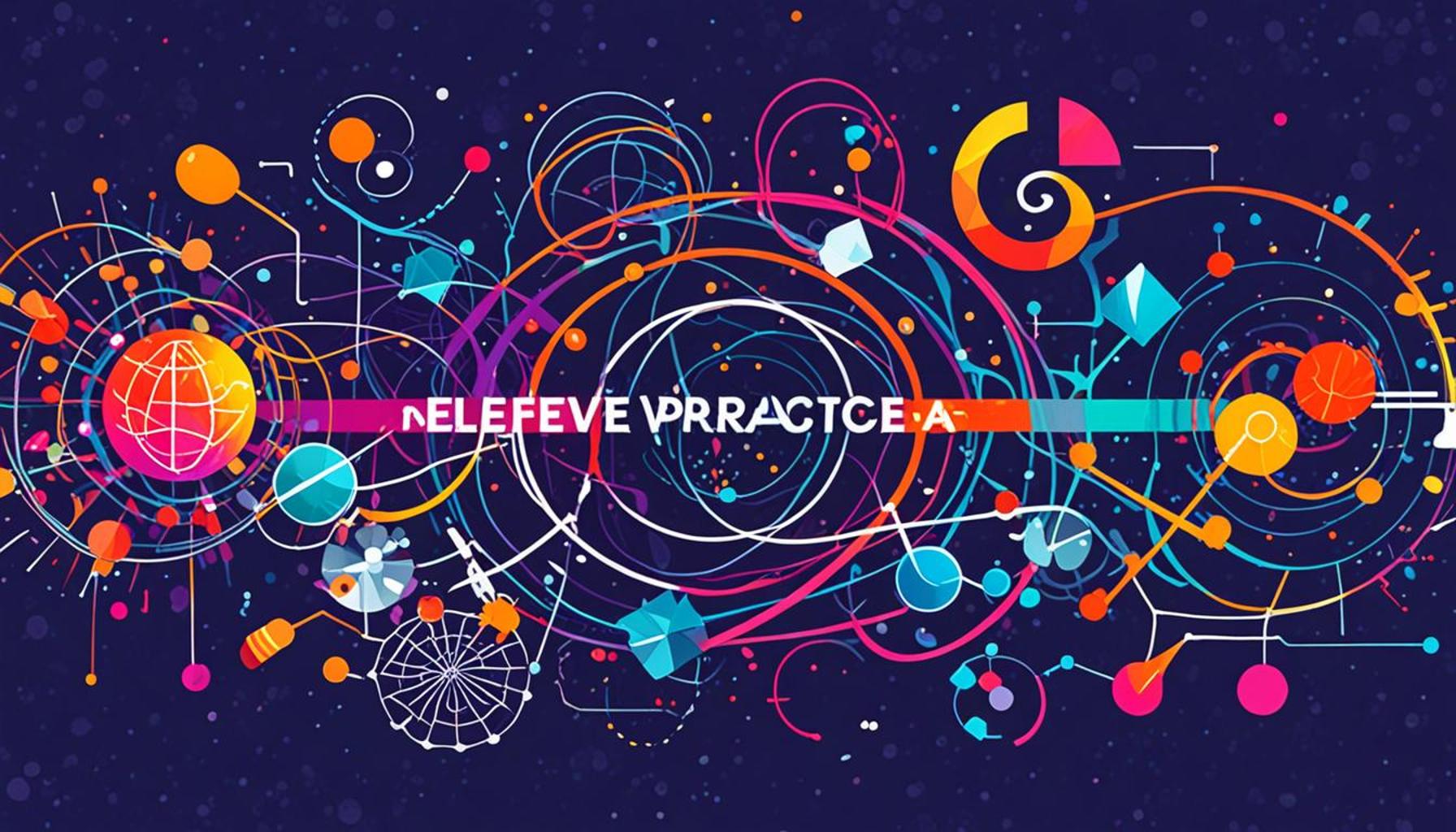Reflective Practice as a Tool for Effective Decision-Making in High-Pressure Environments

The Importance of Reflective Practice in Decision-Making
In today’s fast-paced world, the ability to make effective decisions under pressure is paramount. Particularly in Nigeria, where sectors such as business, healthcare, and emergency services often face unpredictable challenges, the significance of refined decision-making processes cannot be overstated. Given the complexity of issues confronting professionals in these fields, reflective practice emerges as a valuable tool that can help individuals harness insights derived from their experiences, ultimately leading to better outcomes.
Reflective practice allows professionals to:
- Assess past decisions and their impacts, understanding what works and what doesn’t.
- Identify areas for improvement, thereby fostering a culture of continuous learning.
- Enhance critical thinking skills, which are essential for innovative problem-solving.
Consider the healthcare sector in Nigeria, where medical professionals face life-and-death situations daily, necessitating quick yet informed choices. The high stakes in emergency medical care exemplify the need for reflective practice. For instance, after a complex surgery, a surgeon might take time to reflect on the procedures followed, the outcomes, and the patient’s recovery. By critically analyzing these experiences, the surgeon can identify what was effective and where improvements might be needed, ultimately enhancing future surgical performances.
Moreover, reflective practice is not limited to the healthcare industry; it plays a crucial role in various other sectors as well, including:
- Business management: In a country like Nigeria, where the market is continuously evolving, leaders who engage in reflective practice can adapt their strategies based on past performance and market feedback, ensuring sustained growth.
- Education: Educators who reflect on their teaching methodologies can garner insights into student engagement and learning outcomes, allowing them to refine their instructional techniques effectively.
- Emergency response: First responders can reflect on past emergencies to improve their tactical responses. Understanding what tactics worked or failed in previous crises can drastically enhance their preparedness for future incidents.
As professionals from various fields navigate through high-pressure environments, the ability to engage in reflective practice fosters both personal and organizational growth. It encourages a mindset of learning and adaptation, essential in sectors that are rapidly changing like those in Nigeria. This article will further explore the nuances of reflective practice, offering insights and practical strategies for its effective implementation in everyday professional life.

Understanding how to effectively reflect on experiences not only shapes better decision-making but also cultivates resilience, positioning professionals to thrive in their respective domains.
RECOMMENDED: Check out this similar article
Harnessing Reflective Practice for Better Decision Outcomes
Reflective practice serves as a guiding framework, enabling professionals to learn from their experiences and apply those lessons in real-time decision-making. In high-pressure environments, where choices often must be made swiftly, reflecting on past actions can lead to more informed and effective outcomes. This practice is especially crucial in Nigeria, a nation grappling with diverse challenges requiring adept decision-making across various sectors.
When faced with high-stakes situations, professionals benefit from a structured approach to reflection, which can be broken down into several key components:
- Critical Thinking: Engaging in reflective practice cultivates critical thinking skills. By assessing and analyzing past decisions, professionals can examine the reasoning behind their choices, ultimately refining their judgment and decision-making skills.
- Learning from Feedback: Constructive feedback, whether from colleagues or self-evaluations, is essential in reflective practice. Nigerian medical professionals, for instance, may discuss surgical outcomes in peer review meetings, identifying both successes and areas for improvement.
- Adaptability: Reflective practice enhances adaptability, allowing professionals to respond effectively to new information or changing circumstances. In a business context, leaders who reflect on their strategic decisions can pivot their approach as market dynamics shift.
- Empathy and Understanding: In sectors like education, educators who reflect on their interactions with students can better understand their needs. This empathy fosters a more supportive learning environment, increasing student engagement and success.
- Problem-Solving Skills: Reflective practice encourages innovative problem-solving. By looking back on previous challenges and evaluating the strategies that worked or failed, individuals can develop creative solutions for future obstacles.
Take, for example, the vibrant Nigerian tech industry, which is constantly evolving. Entrepreneurs face high-pressure situations where swift, strategic decisions can determine the success or failure of an innovative product. By engaging in reflective practice, they can analyze past projects and market responses to refine future concepts. This not only lowers the risk of repeating mistakes but also enhances the chance of developing market-leading solutions.
Furthermore, the integration of reflective practice can lead to improved teamwork within organizations. When teams take time to reflect on their collaborative processes and decision outcomes, they can identify strengths and weaknesses in communication and cooperation. This practice encourages a culture of collective growth, where learning from shared experiences becomes integral to the organizational ethos.
In Nigeria, where resources can be limited yet challenges are abundant, the ability to engage in reflective practice is an invaluable asset. It equips professionals in high-pressure roles with the confidence and capability needed to navigate complex decisions, ensuring that they not only survive but thrive amid adversity.
| Advantages | Details |
|---|---|
| Enhanced Self-Awareness | Reflective practice cultivates a deeper understanding of personal thoughts and emotions, enabling more effective responses in stressful situations. |
| Improved Critical Thinking | Engaging in reflective practice encourages individuals to analyze options critically, optimizing decision-making processes in high-pressure environments. |
Reflective practice plays a crucial role in navigating the complexities of high-pressure decision-making. By fostering enhanced self-awareness, individuals can better recognize their reactions and emotions during crises. This understanding is paramount when rapid and sound decisions are required, as it helps reduce impulsive responses and promotes thoughtful action. For instance, professionals in emergency services often employ reflection to assess past incidents, allowing for improved performance in future scenarios.Moreover, this approach enhances critical thinking as practitioners evaluate multiple facets of a situation, weighing pros and cons before acting. As a result, decisions are made with greater confidence and competence, ultimately leading to better outcomes. The integration of reflective practice into training and development can positively influence overall performance in various high-stakes fields, including healthcare, aviation, and military operations. Exploring these themes can further illuminate the transformative impact of reflective practices on decision-making proficiency.
LEARN MORE: This related article may interest you
The Impact of Reflective Practice on Leadership and Management
Leadership in high-pressure environments often demands quick, decisive action; however, the most effective leaders employ reflective practice as a tool to enhance their strategic decision-making capabilities. This process allows leaders to assess their leadership styles, understand team dynamics, and make data-driven decisions. In Nigeria, where the business climate is rapidly evolving and competition is intense, effective leadership is paramount.
Leaders who engage in reflective practice can identify their strengths and weaknesses, fostering self-awareness that is essential in guiding teams through turbulent times. For instance, consider a manager in a Nigerian logistics company facing supply chain disruptions due to transportation issues. By reflecting on past strategies used during crises, the manager can formulate a more effective response, reducing costs and improving operational efficiency. This type of insight is invaluable in high-pressure situations, where the cost of poor decisions can be significant.
Moreover, reflective practice enhances emotional intelligence, an essential quality in leadership. Effective leaders need the ability to read the emotional state of their team members and respond appropriately. For example, a school principal in Nigeria who reflects on interactions with teachers may recognize patterns such as feelings of burnout or low morale. By addressing these emotional concerns, the principal can cultivate a healthier work environment, ultimately leading to improved student outcomes. This understanding of emotional dynamics can be a game-changer during critical moments.
In Nigerian healthcare settings, the importance of reflective practice cannot be understated. Healthcare professionals, often required to make rapid decisions in life-or-death situations, benefit immensely from thoughtful reflection. For example, a doctor may evaluate a previous case where they had to choose between two treatment options under time constraints. By reflecting on what worked and what did not, they can approach similar situations with a more critical mindset. This reflective process not only enhances the quality of care provided but also boosts the healthcare professional’s confidence and decisiveness.
Furthermore, fostering a culture of reflective practice within organizations can lead to continuous improvement and innovation. Teams that regularly engage in post-project evaluations can identify failures and triumphs, effectively lowering the chances of repeating past mistakes. In sectors such as agriculture in Nigeria, where farmers deal with climatic uncertainties, reflecting on previous planting seasons—the successes and the failures—can lead to innovative farming practices that boost productivity and help mitigate risks.
Effective decision-making in high-pressure environments is not merely about technical knowledge but also about developing an adaptive mindset. By incorporating reflective practices into their daily routines, professionals across various fields in Nigeria can cultivate resilience. This resilience not only aids immediate decision-making but also prepares individuals and teams to handle future pressures with greater poise and agility. The integration of reflective practice leads to a more thoughtful approach to challenges, ultimately steering Nigerian professionals towards sustained success amidst adversity.
ADDITIONAL INSIGHTS: Expand your understanding here
Conclusion: Embracing Reflective Practice for Enhanced Decision-Making
In conclusion, the significance of reflective practice as a vital tool for effective decision-making in high-pressure environments cannot be overstated. As professionals across various sectors in Nigeria confront the relentless challenges of a dynamic landscape, the capacity to learn from past experiences and adapt is essential for success. By fostering a culture that prioritizes reflective practice, leaders and organizations can enhance both their emotional intelligence and situational awareness, leading to more informed, strategic decisions.
Moreover, the integration of reflective practice not only aids in immediate decision-making but also instills a deeper sense of resilience. This resilience equips professionals to navigate the complexities of their roles, whether in healthcare, education, logistics, or agriculture, with greater confidence and efficiency. As seen in several case studies, from the agile responses of doctors under pressure to the innovative adaptations of farmers in the face of climatic challenges, reflective practice encourages ongoing learning and development.
Furthermore, organizations that cultivate this approach can expect to witness continuous improvement and an innovative spirit that drives productivity. As Nigeria continues to thrive in various industries, the practice of reflecting on past actions will undoubtedly serve as a cornerstone for progress and excellence. By embracing reflective practice, we can prepare not only for the present challenges but also for the uncertainties of the future, paving the way for more effective leadership and sustainable success.


